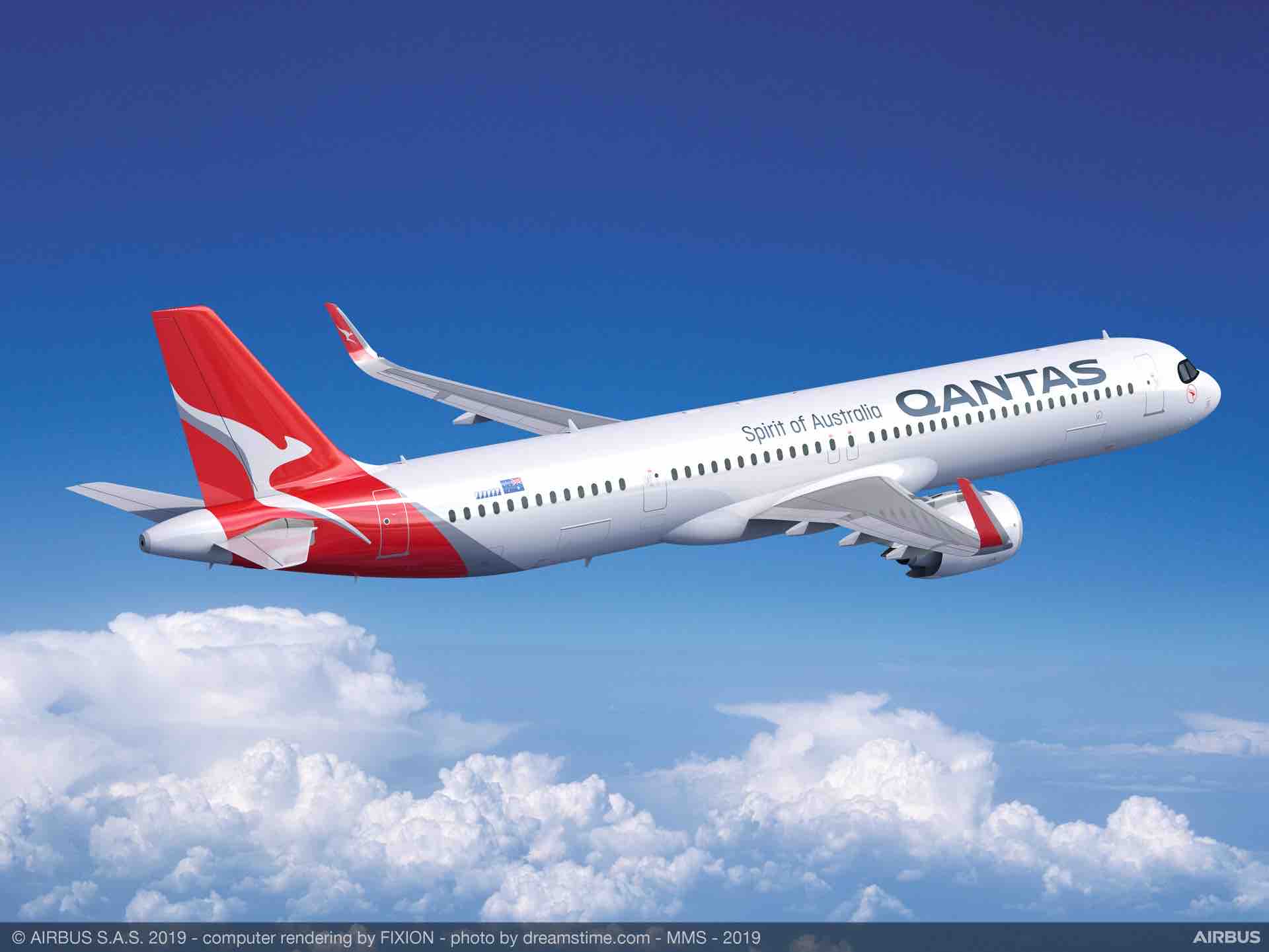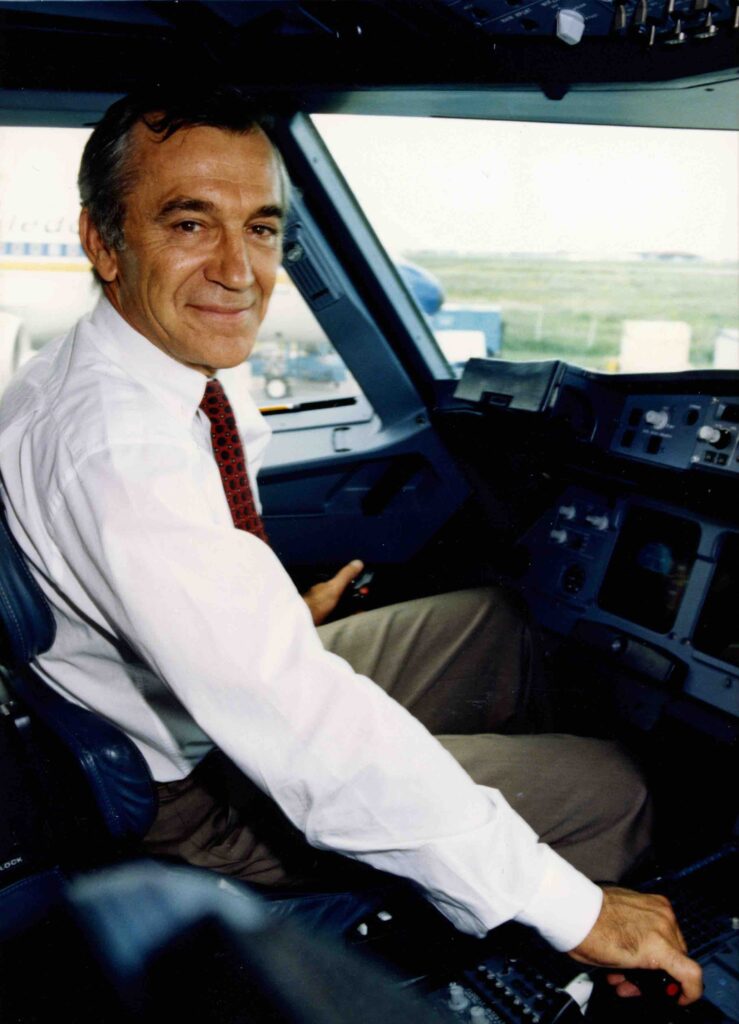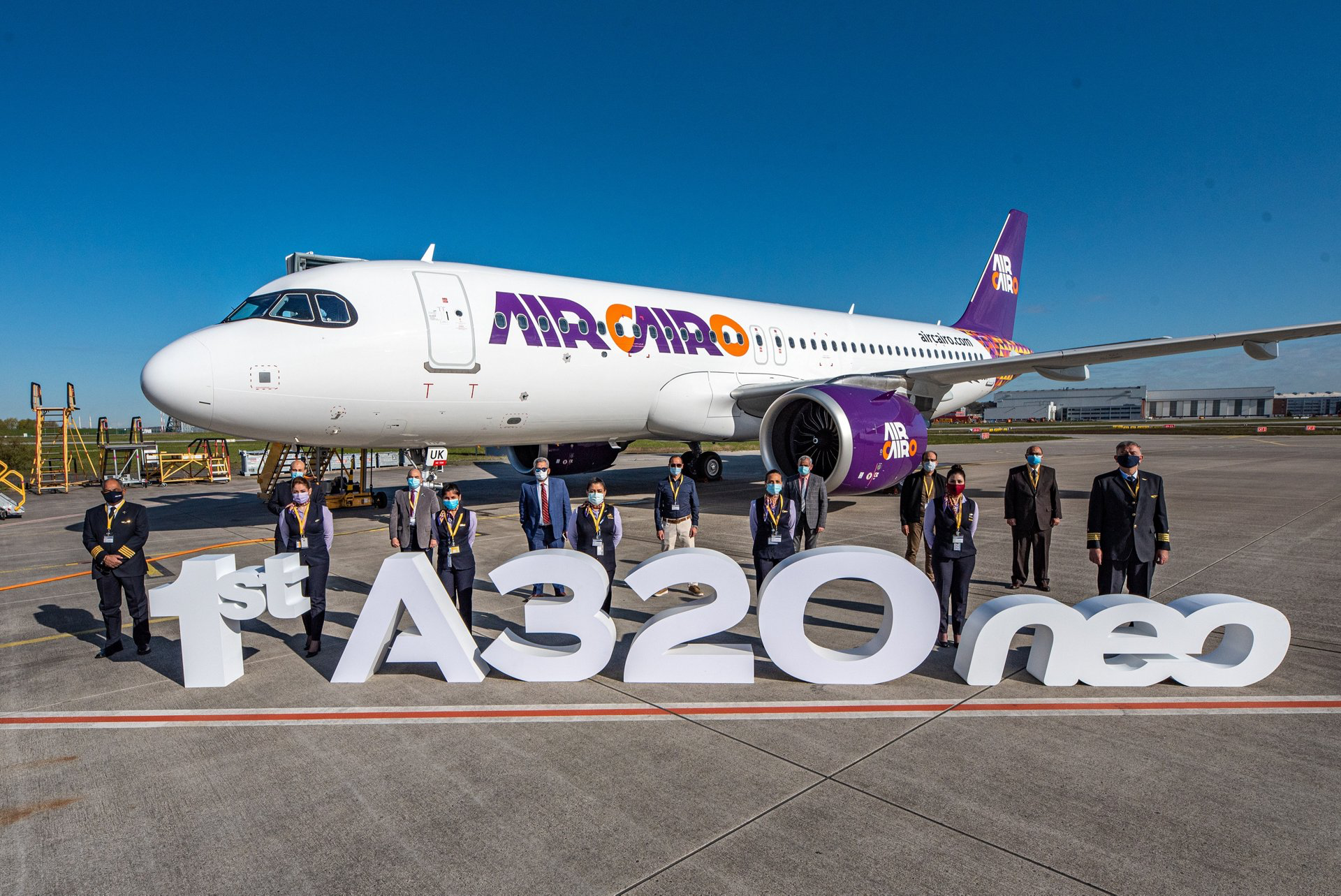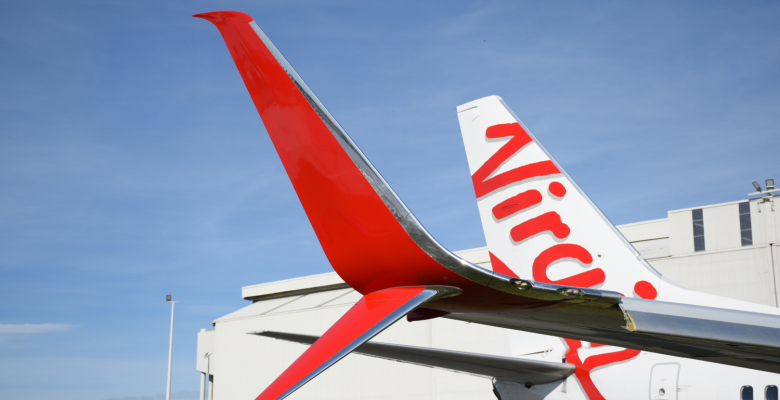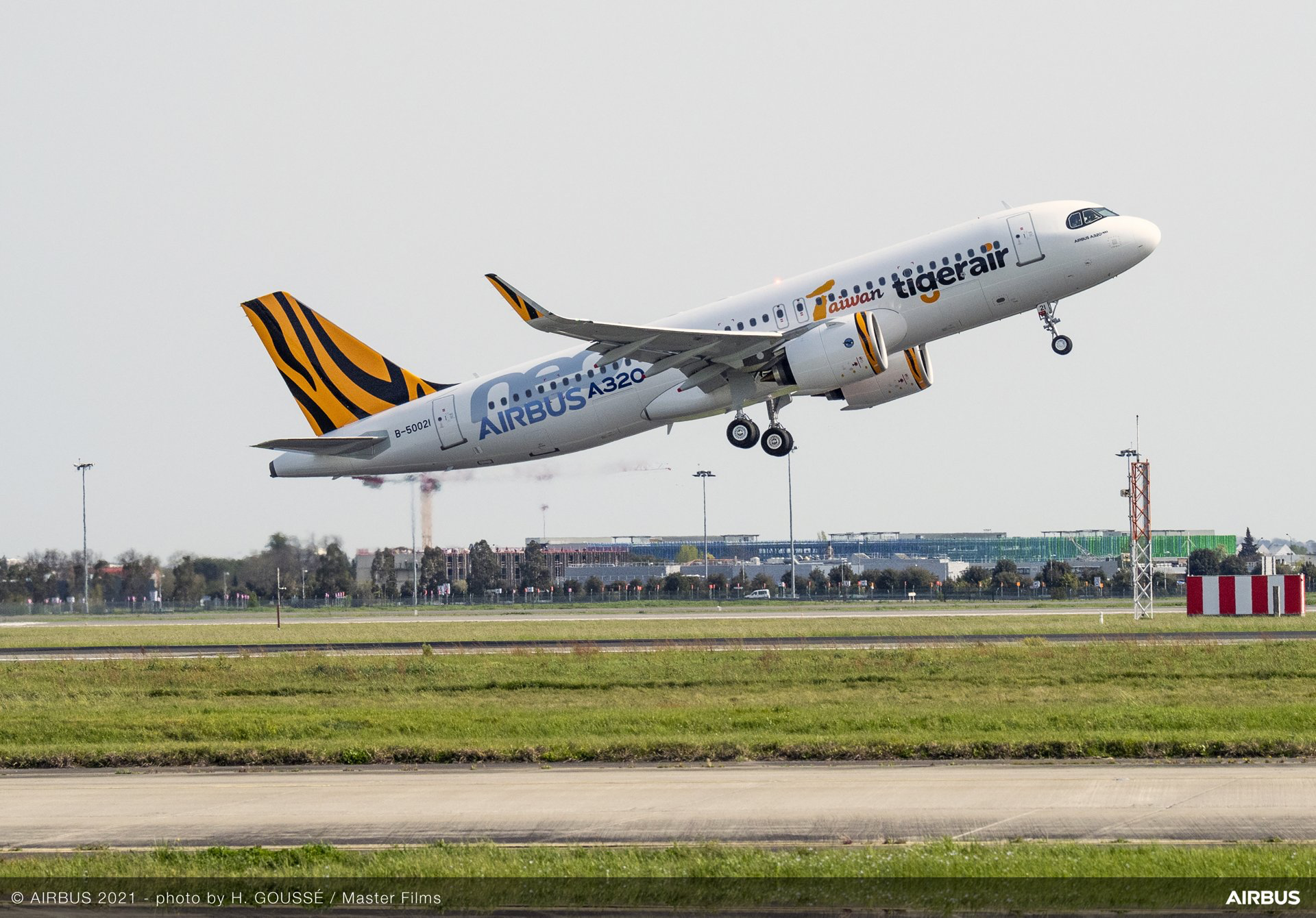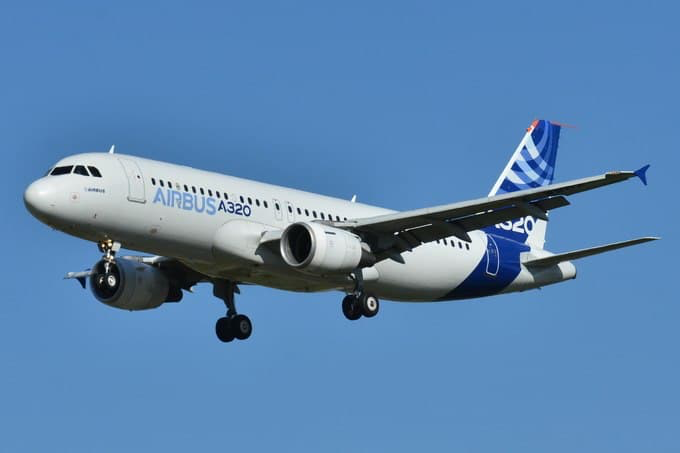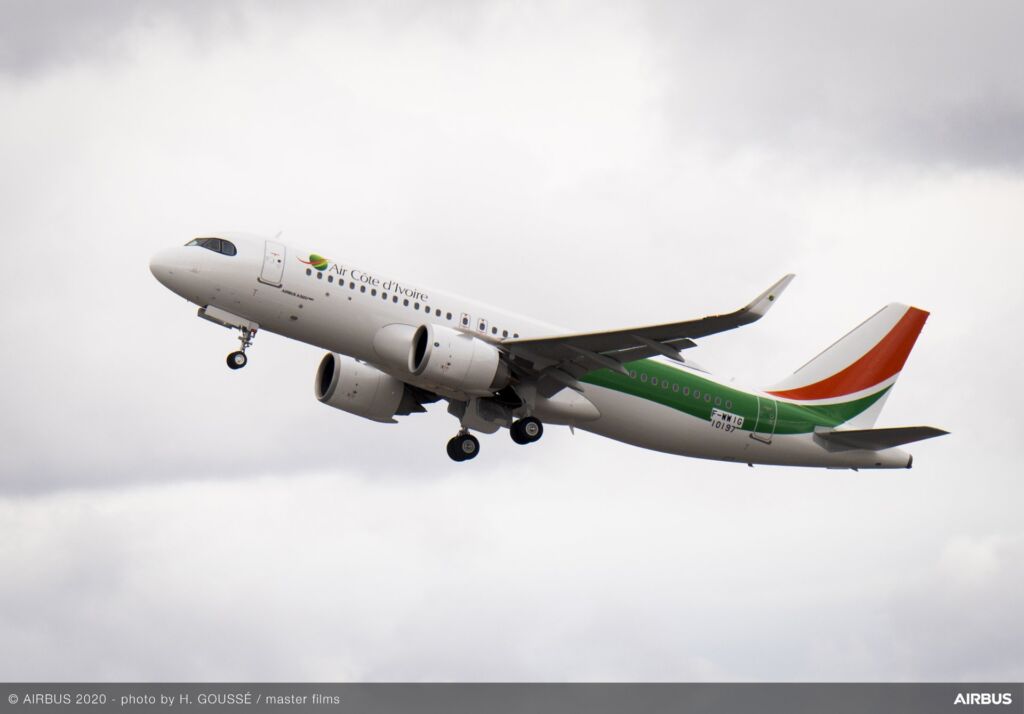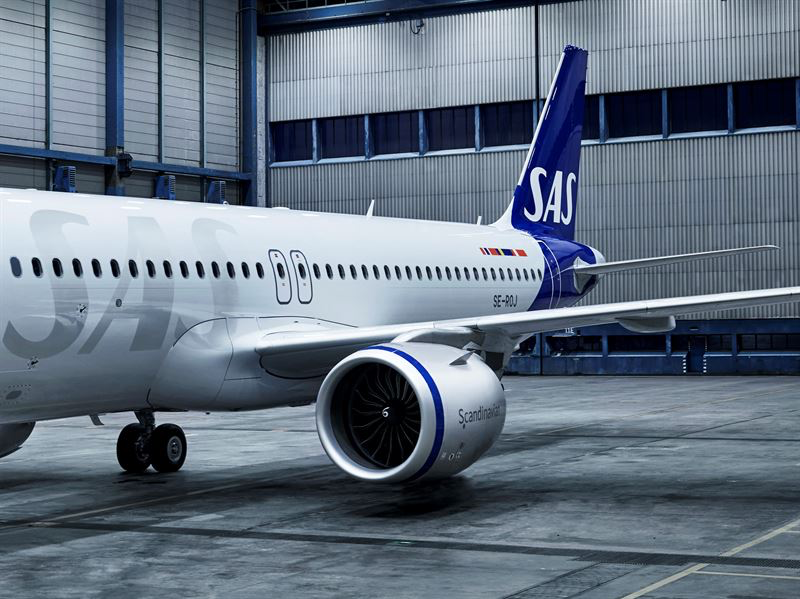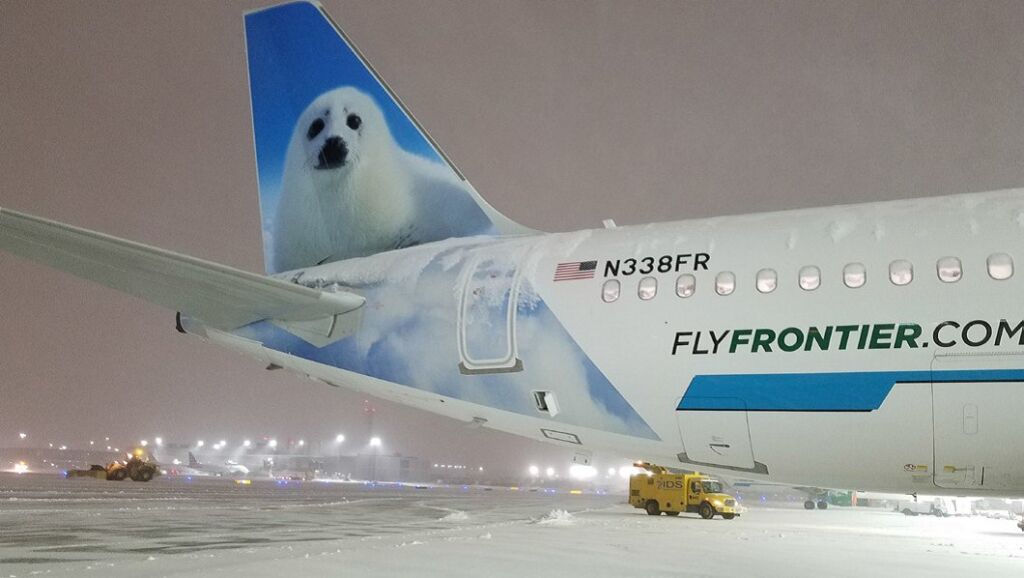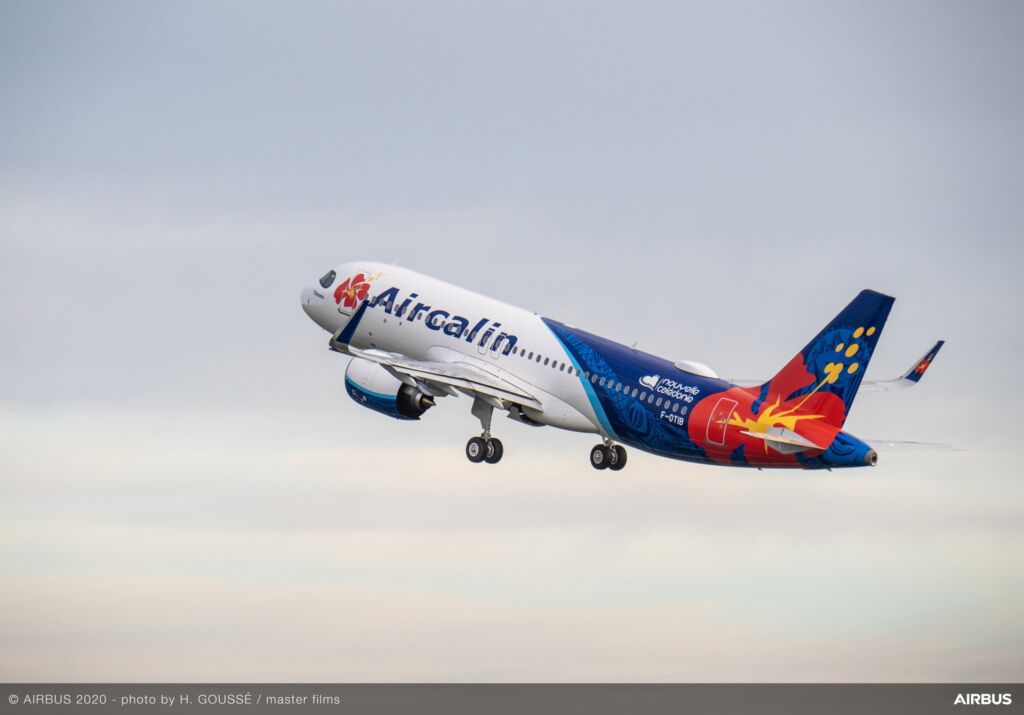A sustained rebound in domestic travel demand, and the performance of its Freight and Loyalty divisions, continues to drive the Qantas Group’s recovery from the impacts of COVID-19.
Based on current trading conditions the Group expects to be statutory free cash flow positive for the second half of FY21. Net debt levels peaked in February at $6.4 billion and are expected to be lower than they were in December ($6.05 billion) by the end of the financial year.
Liquidity levels remain strong with total funds of $4.0 billion, including cash of $2.4 billion and $1.6 billion of undrawn debt facilities as at 30 April 2021.
The total revenue loss for the Group since the start of COVID is now projected to reach $16 billion by the end of FY21 – however the role of domestic travel demand in the Group’s recovery is highlighted by the fact revenue from domestic flying is expected to almost double between the first and second half of this financial year.
Assuming no further lockdowns or significant domestic travel restrictions, the Group expects to be Underlying EBITDA positive in the range of $400 – 450 million for FY21. At a statutory level before tax, the Group is still expecting a loss in excess of $2 billion, which includes the significant costs associated with previously announced redundancies, aircraft write downs and non-cash depreciation charges.
Click the link below to read the full press release!
